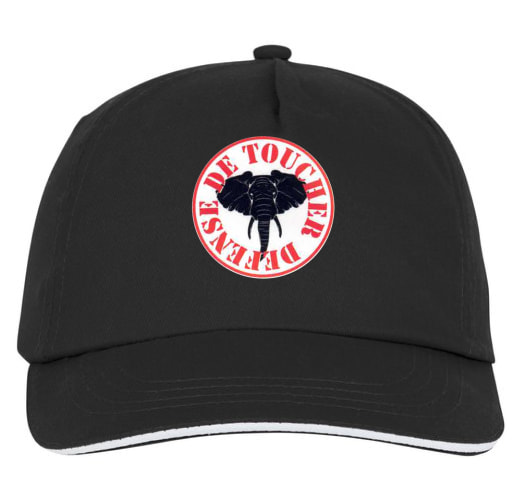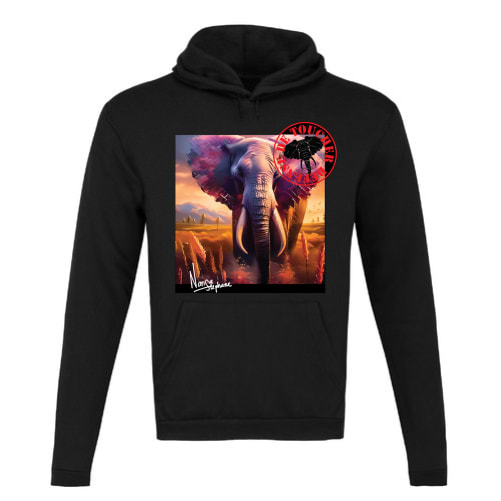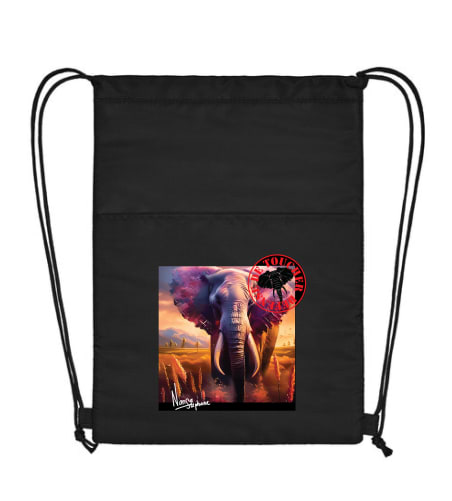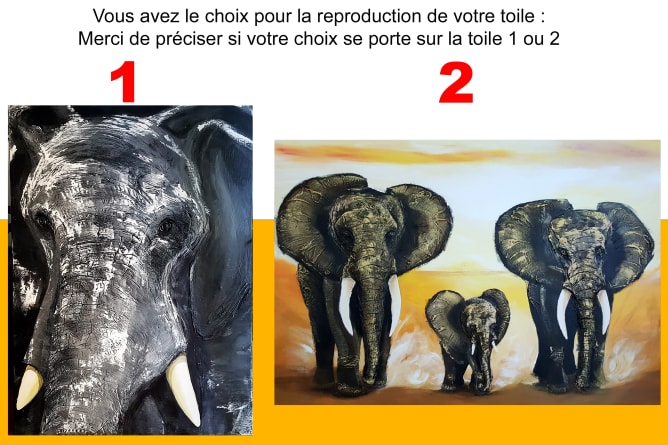Association for the Protection of Elephants
The association’s goal is to contribute to the preservation of elephants in Africa and to combat poaching.
To achieve this goal, the association: a. Financially supports associations active in elephant protection. b. Organizes events and awareness campaigns in Switzerland and internationally. c. Financially supports associations through the sale of works of art created by artists committed to environmental causes, as well as related products. The association also aims to raise public awareness of the problem of poaching and promote concrete actions to end it.
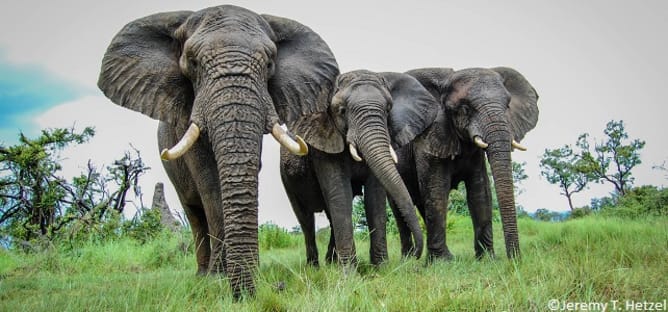
A project, a vision that allows everyone to be an actor and active
This project is unique in that it allows everyone to be proactive in protecting nature, animals, and elephants in particular. It was by choosing elephants as the subject of my works that I realized the disaster we were witnessing. I could no longer simply paint them; I had to get involved. That’s when I decided to create a charity that would fund the NGOs and associations working there through the sale of promotional items. This may seem like a drop in the ocean, but I believe it’s important to do our part, like the hummingbird who does its part by trying to put out a fire with the few drops of water it could hold in its beak. Let’s be Hummingbirds!

The use of your contribution in detail...
Your contribution will be used to:
- Create and register the «Défense de Toucher» association in Switzerland
- Create the website and online store
- Create and implement the graphic design for promotional items (goodies)
- Order goodies and print them on various media
- Networking and promotional marketing to reach as many members as possible
- Deliver and ship orders
- 40% of our sales to local NGOs and associations (the remaining 60% will be used to replenish our inventory)
- Finally, your contribution will improve the lives of elephants, and implicitly, nature.
In addition, your contribution entitles you to an automatic invitation as a founding member of our association to all the openings and events that we organize, as well as the mention of your name in the works that we publish.
Below, you will find the list of NGOs and Associations listed to be supported by our donations:
Regional and local initiatives
Save the Elephants (Kenya) Kenyan-based organization specializing in tracking elephants using GPS collars and in research to better understand their movements and needs. Website: savetheelephants.org
Big Life Foundation (East Africa) Protects elephants and other species in the Amboseli region (Kenya and Tanzania) by employing local rangers, monitoring poachers, and engaging communities. Website: biglife.org
Elephants Without Borders (Botswana) Contributes to research on elephant populations and promotes initiatives to reduce human-elephant conflict. Website: elephantswithoutborders.org
Eco-guards and APN (African Parks Network) APN directly manages several African national parks in partnership with governments, training eco-guards to protect wildlife, including elephants. Website: africanparks.org
TUSK Foundation Supports community projects, including education and alternative livelihoods, to reduce reliance on poaching. Website: tusk.org
WWF (World Wide Fund for Nature) Intervenes in conservation programs in Africa, including capacity building for rangers, supporting surveillance technologies (drones, GPS), and campaigning against the illegal ivory trade. Website: wwf.fr
Wildlife Conservation Society (WCS) Focuses on protecting habitats and forest elephants in Central Africa. They also train eco-guards to monitor protected areas. Website: wcs.org
TRAFFIC Specializes in combating the illegal trade in wildlife. TRAFFIC works with governments to dismantle criminal networks linked to poaching. Website: traffic.org
IUCN (International Union for Conservation of Nature) Supports regional elephant conservation initiatives and publishes data on elephant populations via its «Red List». Website: iucn.org
African Wildlife Foundation (AWF) Key partner in the protection of species and habitats. AWF works with local communities to promote alternatives to income from poaching. Website: awf.org
